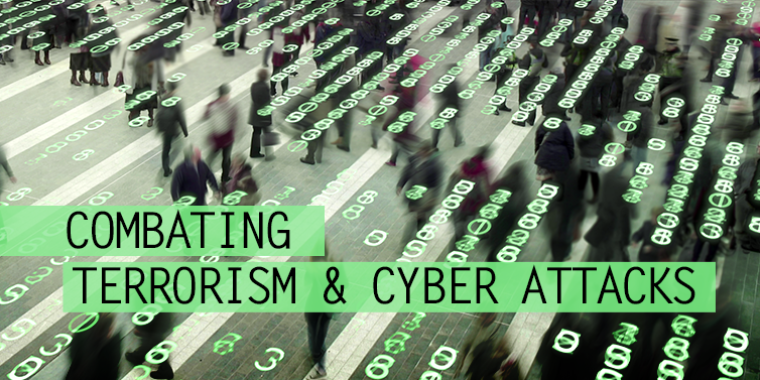
New York State Senate Passes Legislation To Protect New Yorkers From Cyber Attacks And Terrorist Activity
March 8, 2017
-
ISSUE:
- Cyber Terrorism

Senate Majority Leader John Flanagan (2nd Senate District) recently announced that the New York State Senate has approved two pieces of legislation that are designed to protect New Yorkers from terrorist and criminal activities. The measures, sponsored by Senator Thomas Croci (3rd Senate District), create new crimes for cyberterrorism and strengthen the state’s existing laws against soliciting or providing support for an act of terrorism.
“These measures protect our pocketbooks and our critical infrastructure, including our power grid, public water systems, and our businesses, from cybercrime,” said Senator Tom Croci, Chairman of the Veterans, Homeland Security, and Military Affairs Committee. “I’d like to sincerely thank my colleagues on both sides of the aisle for their bi-partisan support. The time is now for the Assembly and the Governor to pass this legislation and put the protection of New York and its citizens first.”
Given that New York is a major center for international business and commerce, the state is particularly at risk for terrorist activity.
“Senator Croci has consistently been a leader in fighting terrorist activities and this legislation is another step in his effort to make sure law enforcement has the tools it needs to keep us safe. Cybercrimes are extremely costly and disruptive to all who are affected. That is why it is imperative that New York, which relies heavily on our financial sector, continually works to stay ahead of those who use cyberterrorism to cause harm to our state and our nation. These two pieces of legislation help us do that and I hope the Assembly will join the Senate in quickly passing these measures,” stated Senator Flanagan.
Senate bill S.953 creates a new crime for when a person intends to cause widespread financial harm or commits a larceny offense against more than 10 people using computer technology. It also prohibits the use of cyberterrorism to cause mass injury or damage, or to intimidate, coerce, or influence a civilian population or government.
The other piece of legislation passed (S.956) increases criminal penalties for soliciting or providing support for an act of terrorism. Such a crime occurs when a person plans, prepares, carries out or aids in an act of terrorism; conceals, or escapes from an act of terrorism; or raises, solicits, collects, or provides material support or resources for terrorism. This measure specifically targets money laundering and credit card fraud, which are large sources of funding for terrorist organizations.
The bills were sent to the Assembly.



